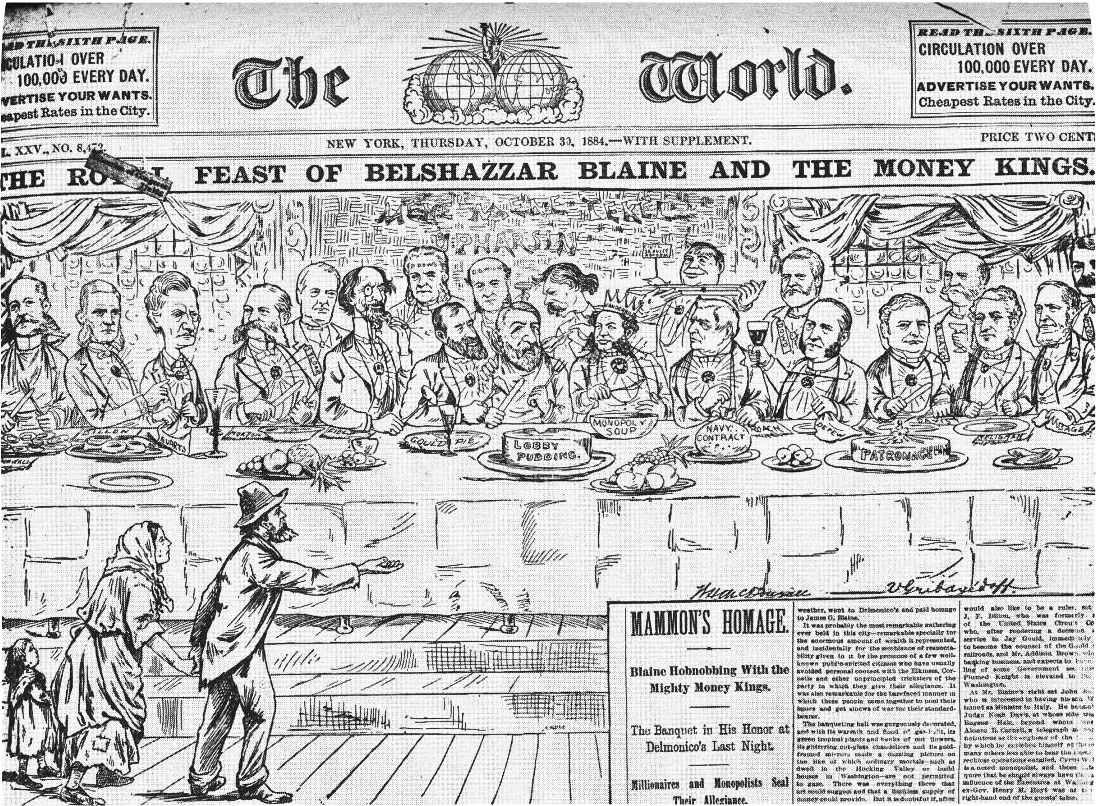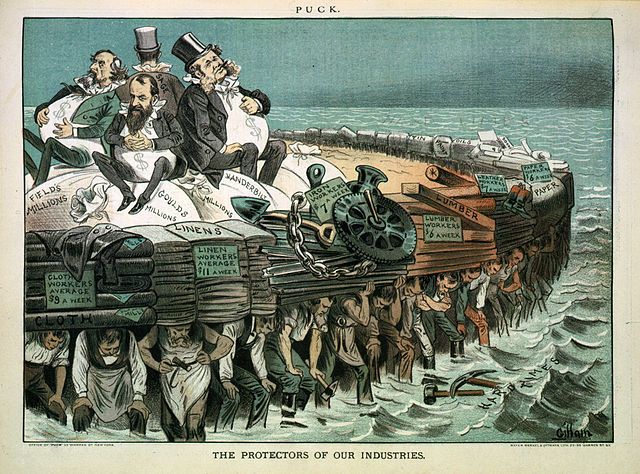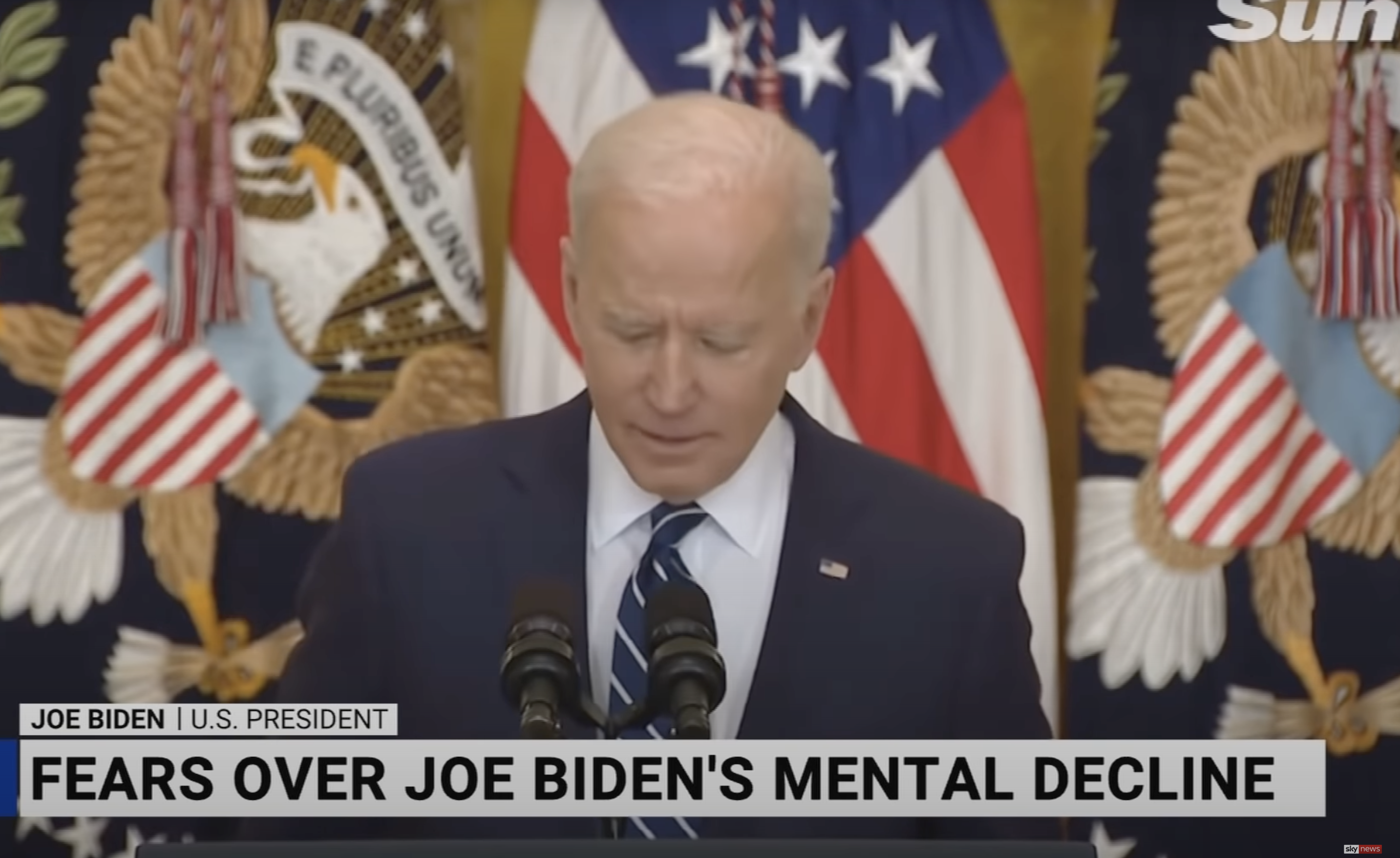The U.S. Interactions With Other Nations
United Nations Headquarters in New York City
Wikimedia Commons / Neptuul
Very little divides American citizens more than questions about how the U.S. should interact with other nations. This has always been true about questions of national security for most of my not inconsiderable lifetime of 70 years. Lately, it has also become true about questions of international trade. What general rules should the U.S. follow in reacting and adapting to the challenges of other nations? It might be popular nowadays to assert the U.S. should not engage in nation building, but should that always be the case?
Why Involve Ourselves with the Rest of the World?
When I was a child just after the end of World War II, it was commonplace to hear about how the U.S. should never again be so weak as to invite aggression, as was the case at the beginning of the war. “Peace through strength” was the phrase of the time, describing how we should deter aggression by maintaining an unchallengeable military strength. The concept lost popularity with our loss of the Vietnam War, but was revived by Ronald Reagan in a way that helped speed the downfall of the Soviet Union.
Ever since the Vietnam War, the American Left has deprecated the use of U.S. power overseas, believing that just possessing military power seduced us into foreign adventures and military entanglements. In addition, they reasoned, who are we to foist our ideals and values on others? After all, our ideals and answers to social problems are no better than those of other cultures. Multiculturalism teaches us the values of other cultures and countries are equivalent in worth to ours. In addition, most of that huge investment we make in the Defense Department (16% of the federal budget) could be used in social programs to better the lot of our more unfortunate citizens! Beyond that, have we not created the very hostility toward and alienation from us through our inconsiderate and arrogant intrusions into others’ affairs?
If we look at these leftist assertions honestly, we can find seeds of truth in some of them. Some of them, such as the multiculturalist claim that our values are no better than those of others can be dismissed out of hand as illogical, arrant nonsense; our values might conceivably be worse, or they might be better, but there are objective means to make the comparison. Beyond that, if we can persuade ourselves we are at least worth saving from external threats, we should at least have the moral right of self-defense to meet threats with lethal force.
The seeds of truth to be found in progressive claims are discovered in the way in which Western empires broke up in the 1940s through the 1960s. Beginning with the Age of Discovery from the 14th to the 17th century, preceding the Age of Enlightenment, Western European nations built large empires. Portugal, Spain, Great Britain, France, Germany, and Russia all built major colonial empires all over the world. Built initially with the motivations of mercantilism as sources of precious metals, these empires graduated to sources of great wealth at what seemed relatively low costs. However, as time progressed the colonialist countries gradually discovered the costs were not at all low and were increasing with time. Beginning in 1930 under the leadership of Mohandas Gandhi, India nonviolently protested their prostration in the British empire. Finally, pricked by their consciences formed by values of the Age of Enlightenment, and by the increasing costs of ruling India, Great Britain granted full political independence to the new nation-state of India in 1947. In a much more violent way, Algeria won its independence in a similar manner from France in 1962. One by one, the great Western empires fell, leaving behind many generally hostile populations. Perhaps just as important, the former colonial masters discovered they could obtain access to the wealth of their former colonies at much less cost through foreign trade. Nevertheless, a major result of the break up of the Western empires was the general hostility of many in the once subjugated populations.
The Reasons for Foreign Entanglements
The West most certainly has not been sinless against the rest of the world, but neither has it been without great contributions to it. While subjugating much of the rest of the world, the West also brought many of the fruits of the scientific revolution: modern medicine, modern engineering, and agriculture. In addition, as chronicled by the Harvard University professor Niall Ferguson in his history Civilization: The West and the Rest [H2], the West brought to the rest of the world a number of ideas and attitudes that Ferguson calls the West’s six “killer apps”:
- The idea of economic, technological, and intellectual competition within as well as among states.
- The idea of science as a discipline exemplified by the European scientific revolution.
- The representative, elected state ensuring the rule of law and rights of private property to all.
- Modern medicine.
- The consumer society enabled by the industrial revolution.
- The work ethic required to sustain economic growth.
The conclusion we can take from these observations is that we do not have to lose our altruism in dealing profitably, both economically and intellectually, with other nations.
Neither do we have to assume that we are primarily to blame for the lethal hostility of others. People from other cultures are just as human and prone to error as we are, led by their own pride, desires, and beliefs. Attacks by jihadists against Westerners predated the first Gulf War in 1990 by about two decades, and the invasion of Iraq by the George W. Bush administration in 2003 by more than three decades. Despite all the accusations by progressives, George W. Bush was not the original cause of radical Islamic hatred of the West. Jihadist Islamic terrorists are inspired instead mostly by envy of a more successful Western culture and by their own religious convictions. I would hasten to add these religious convictions are not shared by all Muslims. Nevertheless, the jihadists are led by their interpretation of the Verse of the Sword [Holy Qur’an (Sura 9, verse 5)] to believe they must fight Western Civilization (and everyone else who disagrees with them) to the death. Allah wills it. Or so they believe. In the the Abdullah Yusuf Ali 1934 translation of The Holy Qur’an, we read,
But when the forbidden months are past,
then fight and slay the Pagans wherever ye find them,
and seize them, beleaguer them, and lie in wait for them in every stratagem (of war);
but if they repent, and establish regular prayers and practise regular charity, then open the way for them:
for Allah is Oft-forgiving, Most Merciful.
No matter how you or any other Muslim interprets this text, the members of the radical jihadi groups interpret it to mean that they are to war not only against Western Civilization, but also against all Muslims who do not agree with them. Given these facts, do we not have the right and the obligation to our fellow citizens to defend ourselves and wage war on the jihadis?
Evidence from the Obama Administration’s Foreign Policies
We can assess the truth or falsity of progressive claims about our malevolent involvement in foreign affairs by looking at the results of the Obama administration’s foreign policies. Led by progressive multiculturalist beliefs, President Obama thought the U.S. was to blame for many if not most of the problems afflicting the international community. We know this by the several international tours he took at the beginning of his presidency to apologize for America’s guilt in creating most international problems. Since he believed the United States to be the largest international malefactor, he of course wanted to withdraw the United States as much as possible from the affairs of nations. As a benefit of this course, he believed he could transfer a great amount of the Defense Department’s assets to domestic programs, hollowing out the U.S. armed forces.
In addition, Obama thought he could engage current international adversaries, particularly Russia (the Russian reset), China, and Iran, and draw them into a conversation to persuade them to cooperate in solving international problems. What was the payoff for these policies? Russia continues to seek ways to retake the Baltic Sea states and the erstwhile Russian possessions in Eastern Europe, Georgia, and Ukraine, as well as to emasculate NATO. China not only has stepped up its cyber attacks of both corporate and U.S. government computer systems, but is attempting to threaten world maritime trade by claiming large portions of the South and East China Seas to be part of China. Meanwhile, Iran has continued its provocative behavior against the U.S. Navy in the Persian Gulf and by continuing ballistic missile tests. Given the anti-West orientation of these three countries, it should be no surprise to anyone that they have entered into an alliance of convenience with each other.
In short, Obama’s policies of U.S. noninvolvement against the adversaries of the West, of “leading from behind”, have utterly failed. What should replace them? I discuss this in my next post.
Views: 1,777






























